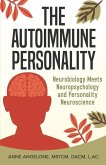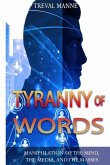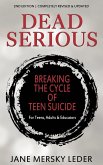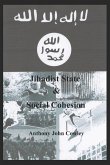Common Sense is DEAD and Social Media, The Media, and the Education System Killed it - Social Engineering and Human Hacking The Concept of Common Sense Defining Common Sense Defining common sense requires an understanding of its historical context and evolution. Traditionally, common sense referred to the basic ability to perceive, understand, and judge things that are shared by nearly all people. It embodies practical knowledge and sound judgment that is often taken for granted. In many societies, common sense has been viewed as a vital element of wisdom, guiding individuals in everyday decision-making and social interactions. However, this notion has become increasingly complicated in a world dominated by information overload and polarized viewpoints. In contemporary discussions, common sense has often been overshadowed by the rise of social media and the media at large. These platforms serve as powerful tools for information dissemination but also contribute to the erosion of shared understanding. The algorithms that govern social media prioritize sensationalism and engagement over factual accuracy, leading to a landscape where misinformation can thrive. As users are bombarded with conflicting narratives, the shared foundation of common sense becomes fragmented, making it difficult for individuals to reach consensus on even basic issues. Moreover, the education system plays a crucial role in shaping what is considered common sense. Historically, education aimed to cultivate critical thinking and informed citizenship. However, many argue that modern educational practices have shifted focus, prioritizing rote learning and standardized testing over the development of analytical skills. This shift can diminish students' ability to engage with complex ideas and discern credible information, ultimately contributing to the decline of common sense in public discourse. When education fails to encourage independent thought, it fosters an environment where misinformation can easily take root. The relationship between common sense and media consumption is another critical aspect of this discussion. The way information is presented in the media can either reinforce or undermine common sense. Sensational headlines and emotionally charged narratives tend to capture attention but may not accurately reflect reality. This trend can lead to a distorted perception of issues, where feelings take precedence over facts. As a result, individuals may find themselves making decisions based on skewed representations rather than a grounded understanding of the facts, further eroding the collective sense of common sense. Ultimately, redefining common sense in the context of today's society requires a concerted effort to reclaim its place in public discourse. This entails fostering a culture of critical thinking, promoting media literacy, and encouraging open dialogue among diverse perspectives. By emphasizing the importance of sound judgment and shared understanding, society can begin to repair the damage done by social media, the media, and the education system. Reestablishing common sense as a vital component of decision-making will be essential for navigating the complexities of modern life and fostering a more informed citizenry. Historical Context
Hinweis: Dieser Artikel kann nur an eine deutsche Lieferadresse ausgeliefert werden.
Hinweis: Dieser Artikel kann nur an eine deutsche Lieferadresse ausgeliefert werden.








